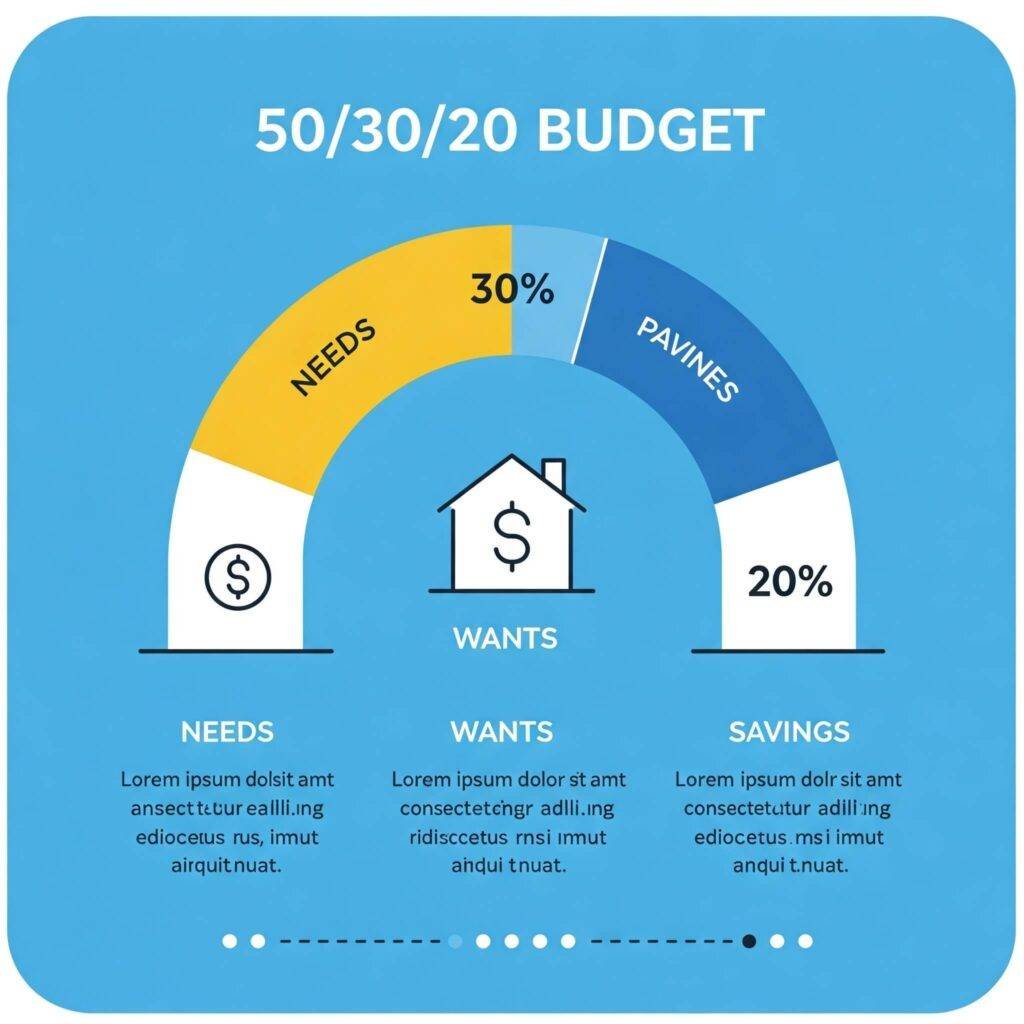Financial wellness is the foundation of a secure and fulfilling life, empowering you to achieve your money goals with confidence. Whether you’re aiming to pay off debt, save for a dream vacation, or build a robust retirement fund, financial wellness provides the roadmap to success. In this guide, we’ll explore practical strategies, real-world examples, and actionable steps to help you master your finances and unlock your financial potential.
Why Financial Wellness Matters
Financial wellness isn’t just about having money—it’s about managing it wisely to reduce stress and achieve your dreams. According to a 2023 study by the National Financial Educators Council, 65% of Americans feel financially stressed, yet those practicing financial wellness report greater peace of mind. By focusing on financial wellness, you create a balanced approach to earning, saving, and spending that aligns with your money goals.

Steps to Achieve Financial Wellness
Mastering financial wellness requires intentional steps. Below are proven strategies to help you take control of your finances and work toward your money goals.
1. Set Clear Money Goals
Financial wellness starts with defining what you want to achieve. Are you saving for a home, paying off student loans, or building an emergency fund? Clear money goals give you direction and motivation.
- Short-term goals: Save $1,000 for an emergency fund within six months.
- Mid-term goals: Pay off $5,000 in credit card debt in two years.
- Long-term goals: Save $500,000 for retirement by age 60.
Example: Sarah, a 30-year-old teacher, set a goal to save $10,000 for a down payment on a car. By creating a budget and cutting unnecessary expenses, she reached her goal in 18 months.
2. Create a Realistic Budget
A budget is the cornerstone of financial wellness. It helps you track income, expenses, and savings, ensuring you stay on course to meet your money goals. Use the 50/30/20 rule as a starting point:
- 50% for needs (housing, utilities, groceries)
- 30% for wants (dining out, entertainment)
- 20% for savings and debt repayment
Tip: Apps like Mint or YNAB can simplify budgeting and keep you accountable.

3. Build an Emergency Fund
Unexpected expenses can derail your money goals. An emergency fund acts as a financial safety net. Aim to save 3-6 months’ worth of living expenses.
Actionable Step: Start small by saving $50 per month. Automate transfers to a high-yield savings account, like one offered by Ally Bank, to grow your fund faster.
4. Tackle Debt Strategically
Debt can hinder financial wellness, but a smart repayment plan can set you free. Two popular methods are:
- Debt Snowball: Pay off smaller debts first for quick wins.
- Debt Avalanche: Focus on high-interest debts to save money over time.
Example: John used the debt avalanche method to pay off $20,000 in credit card debt, saving $3,000 in interest over three years.
5. Invest for the Future
Investing is a powerful tool for building wealth and achieving long-term money goals. Start with low-cost, diversified options like index funds or ETFs. Platforms like Vanguard make it easy to begin.
Stat: A 2024 Fidelity report shows that consistent investing can grow a $10,000 initial investment to over $50,000 in 20 years at a 7% annual return.

Common Financial Wellness Mistakes to Avoid
Even with the best intentions, pitfalls can sabotage your money goals. Here’s what to watch out for:
- Overspending on Wants: Stick to your budget to avoid lifestyle inflation.
- Ignoring Debt: High-interest debt grows quickly—tackle it early.
- Skipping Insurance: Protect your financial wellness with health, auto, or renter’s insurance.
Tip: Review your finances quarterly to stay on track and adjust as needed.
How to Stay Motivated on Your Financial Wellness Journey
Achieving financial wellness is a marathon, not a sprint. Stay motivated with these tips:
- Celebrate Small Wins: Reward yourself (within budget) for reaching milestones, like paying off a credit card.
- Track Progress: Use a visual tracker, like a debt payoff chart, to see how far you’ve come.
- Seek Support: Join online communities, like r/personalfinance on Reddit, for tips and encouragement.
Example: Lisa stayed motivated by posting her savings progress on a vision board, which helped her save $15,000 for a dream trip to Europe.
Conclusion: Start Your Financial Wellness Journey Today
Financial wellness is the key to achieving your money goals, from paying off debt to building wealth for the future. By setting clear goals, budgeting wisely, and avoiding common mistakes, you can take control of your finances and create a life of security and opportunity. Start small, stay consistent, and watch your financial dreams become reality.
Outbound link:

